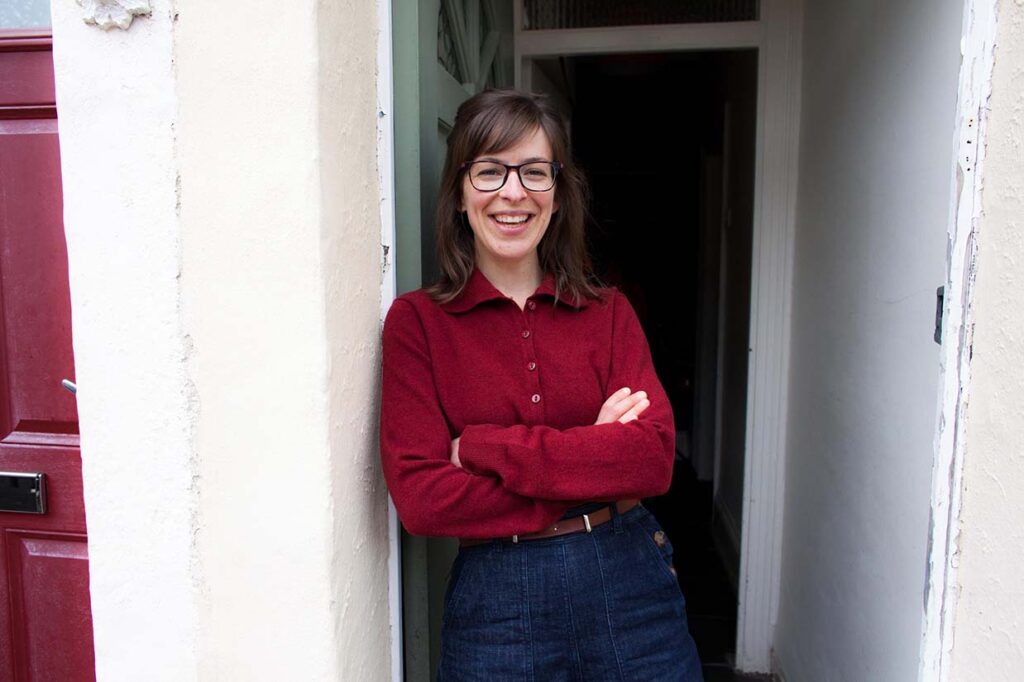In August I decided to try an experiment – to use my phone just twice a day.
Life in the months before August had led me to put down my phone more, so I was keen to keep this up.
Why did I go so radical with experiment? I think because I wanted to shake things up a bit and was tired of my phone featuring in most hours of my waking life – perhaps you feel the same!
Did I “succeed” at sticking to the twice a day? Well not really…But I did reduce my phone use a lot. And the good thing about experiments is success and failure isn’t really a thing. It’s all about learning. And it’s fair to say I learnt a lot, about myself, the world and others.
So here’s how it panned out, and what I learnt…
How the experiment panned out
Well I soon found that a 2-a-day restriction wasn’t massively practical, so I upped it to three times, to fit more with the rhythm of the day and work breaks. I added in “useful” using too – like liaising on a catch up arranged for that day or calling the plumber.
With this pragmicy and flexibility on board, on the whole I stuck to the 3-a-day “rule”.
What I learned
- My phone use is causing me harm, and it’s my responsibility to manage this
The less I used my phone the more I realised the harm it was causing me. Dipping into anti-social media was shocking, anxiety provoking and comparison creating. The more I woke up to this reality, the more strong boundaries felt healthy and necessary. I wouldn’t let a person doing me harm to be so present in my day, so why would I allow a technology causing me harm to do the same?
- Faux connection is no replacement for the real thing
In absence of constant “faux” connection with people on apps, I had more space to reflect on the connection I really wanted – the answer was in real life connection with loved ones. While phones create a connection to people we might not otherwise have, there is absolutely no substitution for a meet up or real conversation.
- Quality of connection (on and off phone) matters
I appreciate being connected with loved ones across the world, but I realised my faux connecting – the minutes and attention spent on WhatsApp and Instagram – kept me from connecting with the people I really cared about most. Spending less time on my phone freed up energy and effort for being more present with friends both on and off my phone. Really being present with these connections was ultimately better – for them and me.
- Limiting phone use is challenging (obviously)
One of the best things about the experiment was having conversations about it. Hearing others’ experiences, I came to realise we are all finding phone use challenging. The fact we know we want to use our phones less or differently, but somehow can’t, isn’t talked about much – I think because it can feel shameful or a bit stupid. Talking about this made me feel less alone, and less ridiculous.
- Phones are not the enemy (apps are)
The longer the experiment went on the clearer it got that ultimately my phone wasn’t the problem. WhatsApp messages aren’t addictive, nor is the weather forecast. It’s the social media apps where the problem lies. These are, to me, addictive and hugely impactful – these drive use and behaviours that leave me feeling rubbish.
- Life with less phone is better
Not surprising but keenly felt. Being subjected to less of the harm that news and social media feeds cause me was a relief. Having more time in my day and head felt freeing. Feeling better connected to loved ones – supporting them and receiving support – was, inevitably, lovely.
So, will I continue?
Honestly, given what I’ve learned and experienced I feel strongly that I’d like to.
I’m going to stick to using my phone proactively three times-ish a day – checking and connecting after breakfast, lunch and dinner, and will generally stay clear of anti-social media.
I’m going to put a few behaviour change support structures in place – stuff I know helps with maintaining new behaviours. And with this scaffolding on tow, I’ll see how I get on.
Thanks for reading : )


